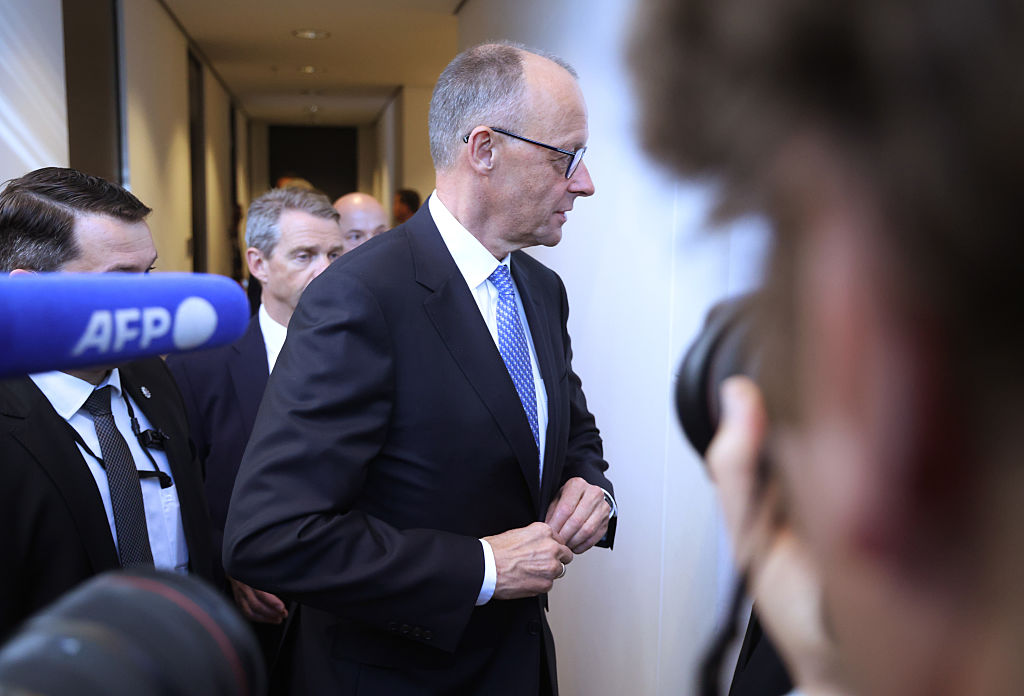German national debt looks set to climb to record heights this year, according to the country’s latest budget.
Lars Klingbeil, Germany’s new Social Democratic Party (SPD) finance minister under Christian Democratic Union (CDU) Chancellor Friedrich Merz, has presented his budget for 2025.
Revealed on 24 June, it predicted the German Government planned to issue net new debt of more than €143 billion.
Of this sum €82 billion was debt taken as part of the “core” budget.
Another €61 billion in debt would be issued as part of the so-called “special funds” for investments in defence and infrastructure, which Germany counted as separate from the regular budget.
The special fund for infrastructure and climate neutrality would take on €37 billion in debt, the special fund for the German army was set to borrow €24 billion.
In total, this translated to almost €1,800 in new borrowing per German citizen.
By comparison, in 2024, the country’s “core” budget only needed €33 billion in net new borrowing.
The spending binge was made possible after Merz managed to find a majority in the German parliament to abolish the country’s strict “debt brake”, which had effectively put a lid on the country’s new borrowing.
The new German appetite for borrowing did not stop there. In 2026, Klingbeil said he planned to take on €172 billion in new debt. By 2029, this number should rise to €186 billion.
The only year when Germany borrowed more was in 2021 during the Corona crisis when the government deactivated the debt ceiling and borrowed €215 billion.
Klingbeil was full of praise for his own budget, writing: “We are bringing in what we need to create new economic strength, to make our country modern and fit for the future and to continue to live safely in Germany in the future.”
Others were more critical: The Federation of German Taxpayers criticised what it called the “historic new borrowing” and demanded structural reforms instead of huge new loans.
The organisation was especially critical of what it saw as the total lack of cost-cutting in the presented plans, writing: “Despite record tax revenues of almost €1,000 billion a year, there is a lack of effective savings efforts. Instead of setting priorities, the federal government is pursuing a course of across-the-board spending expansion.”
The new budget included a number of benefits for various groups such as VAT cuts for restaurants, higher tax deductions for commuters and cheaper diesel for farmers.
As of June 2025, total German public debt amounted to about €2.5 trillion or €30,500 per citizen.





